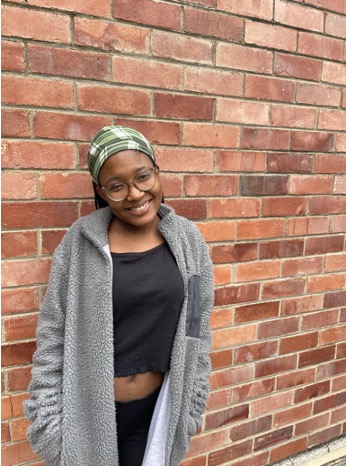By BONGILE SIGONYELA
I asked a few students around campus what it means to be a woman. Here are their responses:

Keratile Moloantoa, a 19-year-old Rhodes University BSc student: “It’s a bit complex, but it’s being aware that that gender is a social construct and the term ‘woman’ was socially constructed, and there are some cultural identities that you need to adopt when you do identify as a woman. That is: how you conduct yourself and play around with your femininity, especially revolving around masculinity, and what it means to be in touch with your femininity. It places you in a structural system, how much power you have with that, and how you navigate through the gender dynamics. For me, being a woman is knowing what is being feminine and how it works.”

Matshidiso Makae, a 23-year-old Rhodes University Law student: “Being a woman is basically being the head of the household because women in the household do a lot more than men. They look after the kids, clean the house, cook, and look after the finances and ensure the household is in good shape.”

Mari-Jeanne Steenberg, a Rhodes University student: “It’s more of a socialisation and how you were brought up. Or what you choose to be and how you identify. Being a woman is a very powerful role but also a very vulnerable role because not only do you have the ability to have children, but you also love unconditionally. Unfortunately, the vulnerability comes with being seen as inferior. To me, a woman is a powerful yet underrated person who is capable of doing incredible things and yet is viewed by society as someone who is overly emotional and not as strong physically as men, which might be genetically true, but that shouldn’t limit us. Ultimately, being a woman is powerful, yet vulnerable.”
What does being a woman mean to you?


